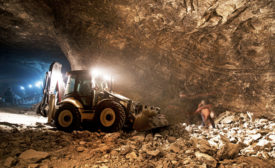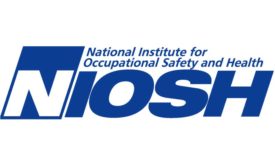News
Safety mechanisms would have prevented worker's death
OSHA cites Endicott Clay Products
October 14, 2015
FAA Administrator signals safety evolution
“It's about finding a problem, fixing a problem, and making sure it stays fixed."
October 13, 2015
OSHA: Meatpacking District fatality 'completely avoidable'
"Carlos Moncayo was a person, not a statistic"
October 13, 2015
A NIOSH Science Blog post
New research identifies 5 best practices for keeping contractors safe
October 12, 2015
Never miss the latest news and trends driving the safety industry
eNewsletter | Website | eMagazine
JOIN TODAYCopyright ©2024. All Rights Reserved BNP Media.
Design, CMS, Hosting & Web Development :: ePublishing







